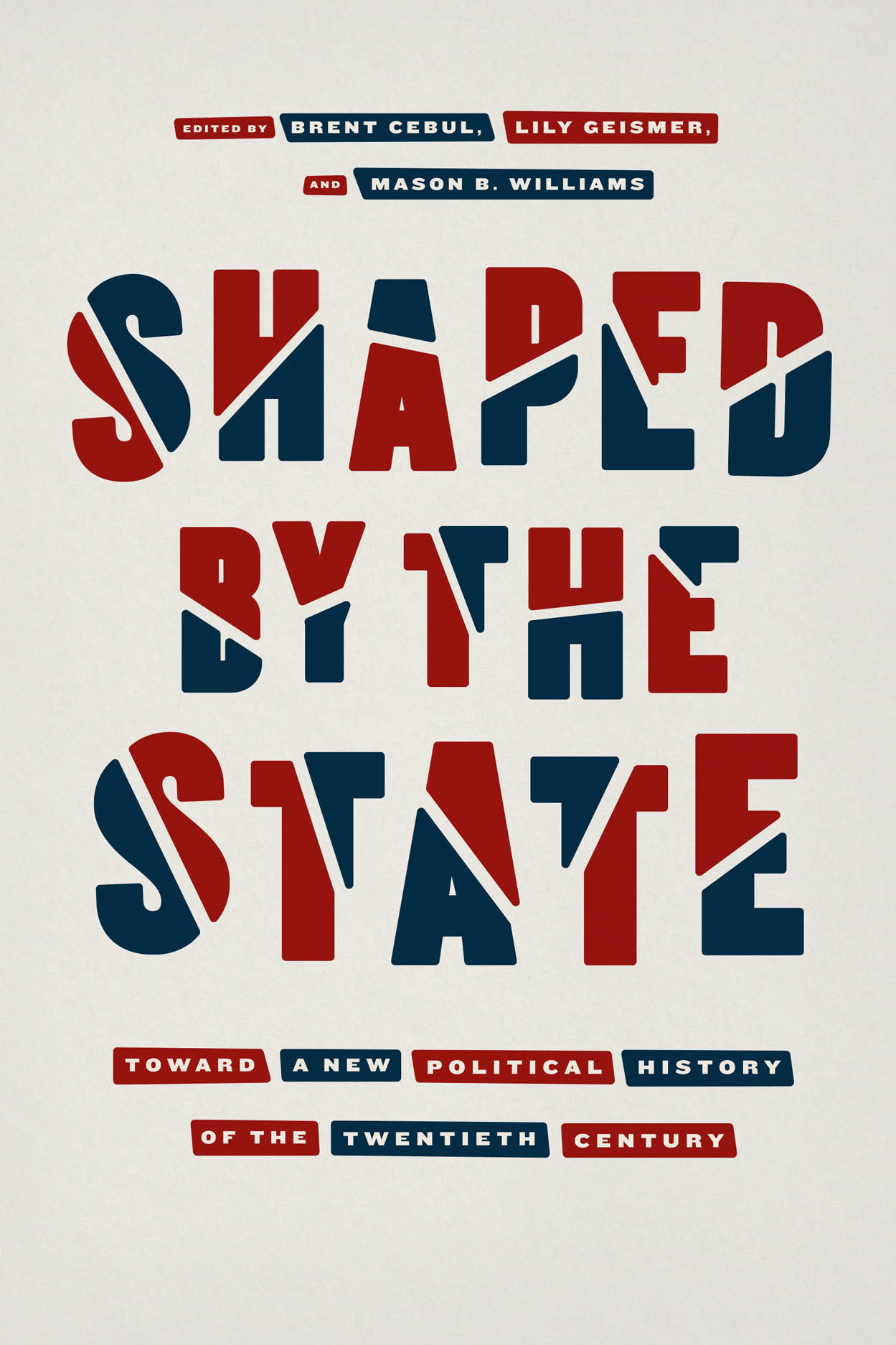Hi everyone! Sorry this blog is a bit late. I was a bit busy last week, so did not quite get to writing about method. Maybe next time! I thought I’d write instead about how academic careers in legal history work in Australia. This is moderately similar to how they work in the Britain. So hopefully this blog will help you to navigate both systems a little better if you are planning to work outside the United States. Since the number of academic jobs had plummeted in the United States, some of this advice will be relevant to you even if you plan a career in legal history in the U.S.
Context. Australia is small. Its whole population is a bit larger than greater New York City’s. But it has a relatively large university sector and a small but growing legal history scene.
In Australia, academic positions are well-paid jobs with good working conditions. With rare exceptions, salaries are decided by enterprise bargains and there are transparent pathways to promotion. Your raises and promotions are not dependent on getting job offers elsewhere, but rather on demonstrating that you meet clear criteria. The flip-side is that it takes longer to become a full professor. Most will begin as a Level B academic (known as a lecturer, but equivalent to an Assistant Professor). The Professoriate is Level E. Each level has different and greater expectations of research and teaching excellence and sector or public service.
Our unionised system means that work conditions do not differ as much between universities here as they do in the U.S., though some universities put more emphasis on research excellence than others. Most academic positions are 40:40:20 (research, teaching, service). As a sector, though, we are all moving towards more ‘research-track’ and ‘teaching-track’ jobs here which will create big differences in the number of hours spent in front of classrooms by academics within the same institution. We are also casualizing more. In other words, we face the same pressures but in different degrees to our American counterparts.
Most Australian universities are public, and most are located in big cities. So if you are a city person, it is worth a look. Greater Sydney has five major public universities and some private ones. It is expensive here, but in every way gorgeous. Other major cities have similar numbers. There are also some universities in regional centers.
As in the U.S., legal historians in Australia can find work in laws schools or history departments. There are more jobs in law than in history. However, you would be unlikely to be competitive for a job in an Australian law faculty unless you have an Australian or British law degree. This is not uniformly the case, but it is certainly something to consider. Also, not all Australian law faculties are interested in legal history. You should look at the faculty profile or contact someone on faculty if you see a job you would like to apply for. It is usually expected that you will be able to teach into the law core.
History as a discipline has been shrinking in recent years because of declining undergraduate enrolments. As a result, it is hard to get a job in Australia in history unless you have a spectacular resumé. So, after this long introduction let me explain a little how to prep your resumé for our very competitive market, and how to thrive in a job here once you have landed one.
Publish early and well. It is very important to publish at least one piece in a good journal while you are a graduate student. If your dissertation contains a compelling case study that shows off your exciting project, take the time to submit it to a prestigious journal. Most recent tenure track hires in history in at least one of the Times Higher Ed top five universities published an article in a top-tier journal either during their Ph.D. or soon after their graduation. A top-tier journal article marks you out as a special candidate with a great project.
In Australia, to get an entry-level job, you will likely need more than one excellent article. You will also need a book contract. To that end, you should write your dissertation as a book. This is increasingly important in the U.S. market too. You need to come out of your Ph.D. program with a polished, well-crafted, publishable manuscript which you should submit to the best publisher in your field. Do not target a mid-tier publisher. Having a book contract—or better still, a published book—puts you into an entirely different category of job candidate.
Present your work brilliantly. A key way to generate interest in your work and land a book contract as an early career scholar in the U.S. is to give a fantastic paper at the ASLH meeting. In the U.S., publishers attend these meetings and if you deliver a perfectly timed, clearly presented, smart, polished presentation, you will be noticed. Do write out your talk so that it is layered, elegant and well-structured. Do practice it so you can deliver it flawlessly without reading all of it. Anticipate tough questions and think about how you might answer them. Being able to answer questions well demonstrates your caliber as a scholar. I met two publishers at conferences who wanted to read my dissertation after hearing me give a good talk.
Presenting well and publishing early and well is also a way to build what we call esteem markers. If people have read your dissertation / first book and liked it or heard you give a great paper, they tend to invite you places - to join workshops, to give papers in their seminars, even sometimes to give keynotes. Scholarly networks matter in Australia as they do in the U.S.. Collaboration is increasingly valued. My second blog was filled with tips about how to do this. Having really good relationships with people in your field by being a kind, generous (and smart) colleague pays huge dividends in our profession. It makes academic work more fun and it also makes you a much more competitive candidate in our system.
Engage with your discipline. As you progress through your career, you need to do more than to have good networks. You need to show your engagement in the discipline by reviewing grants and book manuscripts, by being invited to participate in program reviews and quality measurement exercises, and by editing good journals. You must show, always, that you are an engaged scholar contributing in multiple ways to academia and to the world beyond it.
Learn how to speak grant. The other thing that matters to a stellar career in Australia is grant success. Winning a postdoc at a good institution anywhere in the world is a huge sign of peer esteem, and it certainly makes you much more competitive for jobs. If you have set up your early career resumé well, you will have a good chance of being competitive for a DECRA (Discovery Early Career Award) fellowship from the Australian Research Council (fondly known as the ARC). These three-year awards include wages and generous research travel and support funds. They are very prestigious and are only available to people within five years of their graduation. In legal history (if you are submitting it under a history code) you really need to have a good book published or in press to be competitive. The good news is that legal projects seem to be quite competitive here.
Apply for the job properly. If you find a legal history job in Australia, read the application information very carefully. Applications here are quite different from the U.S., where you write a generic job letter, put it in a single system, and ask people to write for you. In Australia, you usually have to write a letter and respond to a set of criteria to show that you are qualified for the job. Many North American candidates do a terrible job of responding to the criteria and it puts them at a huge disadvantage.
Good criteria answers should not just talk about what you have done, they should show that you have a clear research trajectory that fits our system: that you plan to apply for grants, that you have a good next project, that you are planning to aim high. Unless you are applying for a research-only position, you will also be expected to demonstrate a sound pedagogical approach and a sense of how you would contribute to the university beyond your own teaching and research. It is important to do this because an appointment committee will not read your brilliant letters of recommendation until they have shortlisted you. You have to show them first that you are one of the most qualified people for the job.
Be prepared for our crazy grant system. We no longer have tenure in Australia. The prize, here, is a continuing position. To navigate your system successfully, you have to continue to publish often and well, grow your reputation, make some impact through service to your sector or the general public, and win grants. The part of this that will be most alien to Americans is our emphasis on winning external funding. We are most highly rewarded for winning funds from the ARC. But, increasingly, Australians are collaborating with scholars in Europe and Britain or with community groups and businesses on big projects with access to different kinds of funding.
Most mid-career scholars (and advance early career scholars) are expected to compete for Discovery Projects. These are not fellowships, but they provide extremely generous funds (a minimum of $30,000/year over three or more years) to support research and may provide some funds for a semester or two of teaching relief. Increasingly, Discovery Project grants go to groups of scholars rather than individuals which, again, is why it is important to collaborate. If you have an industry or community contact who is happy to partner in your research, you can apply for a Linkage Project grant. If successful, the ARC will support your research project over and above the contribution of your research partner to the project. This is a great way to give back to the community and build relationships with external funders. A distinguished mid-career scholar will also compete for a Future Fellowship—a four-year fellowship for scholars within 15 years of their Ph.D. A very few senior scholars will compete for Laureate fellowships, which give a large amount of money to establish a cluster of Ph.D. students and postdocs working on a really large project.
The application process for all these grant schemes is very rigorous. It includes a 10-page project description and dozens of pages of evidence about your “track record” which is measured “relative to opportunity” (years since Ph.D. in an academic position, with dispensations for major health issues, time out for maternity / paternity leave, etc.). This narrative focuses on your publication record, but also on all of those measures of esteem that I discussed above.
This probably sounds daunting. It is not really. It requires you to plan your career carefully, measure it in milestones, and make careful decisions about what you do, where you publish and when. The Australian university system always asks: “What is next?” If you are that sort of scholar, then it is worth looking at the Australian job market.












